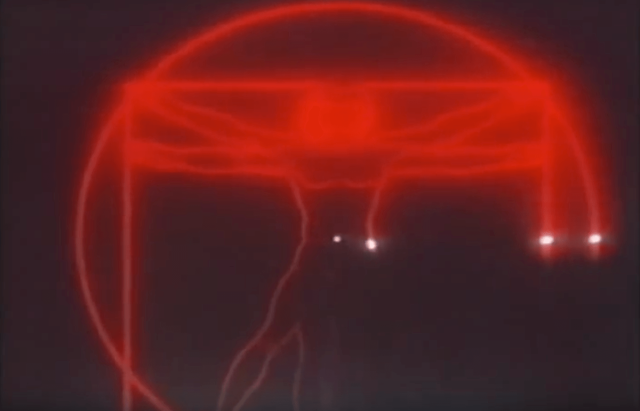From World in Action titles (via YouTube)

I hope you’ve enjoyed the clips we’ve been publishing from the interview that the BBC’s Jonathan Dimbleby gave to UnHerd. If you’ve missed his fascinating reflections on how the current affairs industry has changed, you can see the six YouTube videos here.
In this sixth and final reflection Jonathan Dimbleby remembers how ITV[1. Formed in 1955 as a commercially-funded rival to the BBC, which was and is financed by a licence fee that was paid for by all households with a TV] was once a real rival to the BBC in Britain as a source of intelligent news and of investigative reporting. There was Alastair Burnet, who presented News at Ten and also edited The Economist during a distinguished career[1. The Irish Independent captured Sir Robin Day’s description of him as “the booster rocket that put ITN into orbit”]; there were programmes like Brian Walden’s Weekend World – that we highlighted two days ago – and which hosted extended and forensic interviews of politicians; and there was the investigative programme World in Action. ITV and ITN, remembers Dimbleby, exposed the blue asbestos scandal, nuclear waste issues at Sellafield, and began the exposure of the miscarriage of justice that put the Guildford Six in prison. It also forced a slightly complacent and old-fashioned BBC to raise its game. Regrettably, because of commercial pressures, ITV doesn’t offer programming of similar pedigree today. Instead – because viewers have so many alternatives – news is often sensationalised in order to attract any attention at all. But, as Jonathan Dimbleby concludes, there’s still BBC Radio 4 and its continuing commitment to Reithian[2. The BBC’s own summary of John Reith’s belief that the Corporation, for which he was the first director-general- must inform, educate and entertain] standards. Although I suspect that not absolutely everyone will agree that.
Watch the other clips from UnHerd’s interview with Jonathan Dimbleby.










Join the discussion
Join like minded readers that support our journalism by becoming a paid subscriber
To join the discussion in the comments, become a paid subscriber.
Join like minded readers that support our journalism, read unlimited articles and enjoy other subscriber-only benefits.
Subscribe